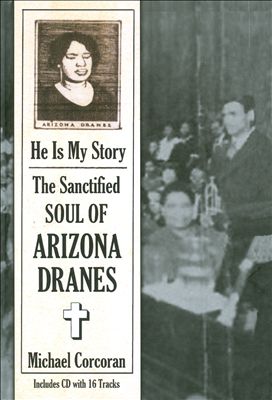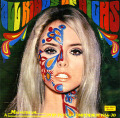TAME IMPALA - Lonerism
 Friday, October 12, 2012 at 10:25AM
Friday, October 12, 2012 at 10:25AM  Have you ever walked around with a song in your head? What a stupid question, right? Of course you have—a nagging earworm that (for better or worse) simply refuses to vacate your brain until, like those billboard monsters in that one Simpsons episode, you manage to stop fixating on its presence. Have I ever got songs in my head, you say.
Have you ever walked around with a song in your head? What a stupid question, right? Of course you have—a nagging earworm that (for better or worse) simply refuses to vacate your brain until, like those billboard monsters in that one Simpsons episode, you manage to stop fixating on its presence. Have I ever got songs in my head, you say.
OK, that's not quite what I mean, so let me rephrase. Have you ever had a complete song stuck in your head? We're talking intro, verse, chorus, bridge, solos: the whole thing in order. It's possible, but that tends to not be how we remember songs. Instead, we carry with us sequences—frames pulled from the larger entity that range from the obviously memorable (such as a chorus or a big riff) to the oddly compelling (perhaps a funny turn of phrase or a peculiarly isolated bar of music). Songs are made whole by their musicians and writers, but they exist within us as distortions of their 'real' selves; they are subconsciously edited into portions for ease of mental transport and even enjoyment.
Who cares? Well, Tame Impala leader Kevin Parker seems to, for one. Whether intentionally so or not, his band's newest LP, the very excellent Lonerism, sounds like a preedited mental representation of a collection of songs. This is not to be confused with a comment on how the record sounds (although as a sublime execution of psychedelic pop/rock music, it certainly does sound dreamy, trippy, and so forth). Rather, it's about how it's been written. Time and again, the group avoids standard structures by rotating a series of tricks: perhaps omitting choruses, hanging on verses, forgetting to sing all together, obsessing over a particular riff or drum pattern for several bars in a row to see where it goes... All of it sounds much like how 'proper' songs themselves are repositioned by our head. We all know that this is the best part of the song, so I'm just gonna keep playing it.
It doesn't hurt that Parker's Lennonesque voice and the band's fixation on '60s and '70s sonics means that much of Lonerism sounds very familiar already. But where so many other acts treat their retro fetishes too reverently (and interpret them too literally—fellow Aussies Jet would be a good example), Tame Impala feel entirely modern and in-the-now in this particular realm. In addition, the melodies themselves are very strong. When Parker slips into the opening chorus of "Feels Like We Only Go Backwards," it seems like a song you've known all your life.
Really, that's all that Tame Impala are doing here: taking moments that you've lived with all your life and presenting them in new contexts and configurations. Where their debut, Innerspeaker, announced them as a pretty damn good new psych-rock band, Lonerism expresses confidently and playfully that these guys are interested in a lot more than just aping their predecessors. Because if tracking the sources material is fairly easy, the act of actually building a record this lovely and listenable is an entirely different task. It's a challenge, but one that Tame Impala pull off brilliantly. Now it's up to us and our subconscious to pull it back apart again.





















